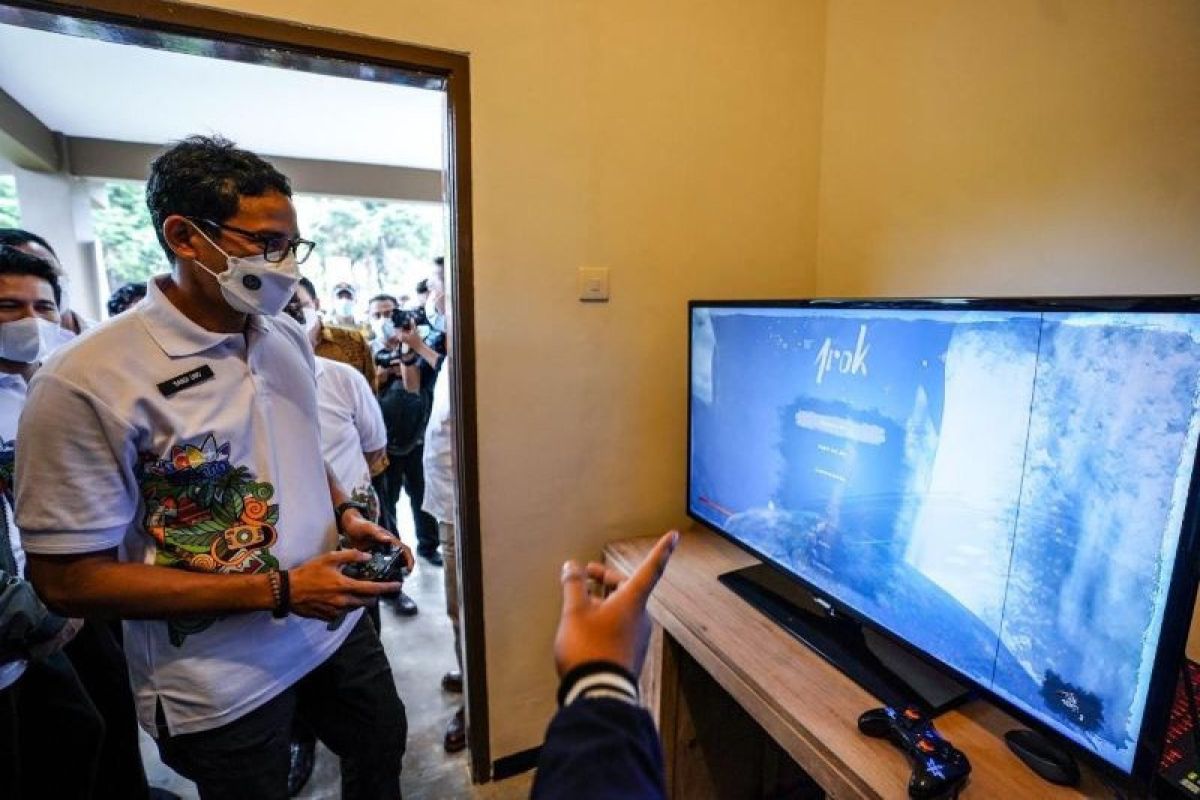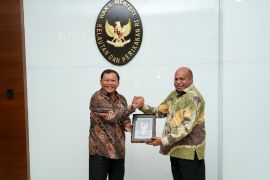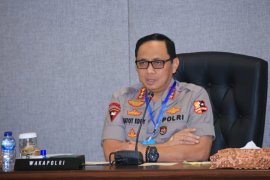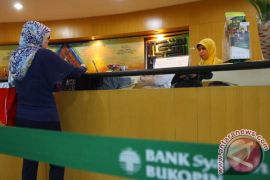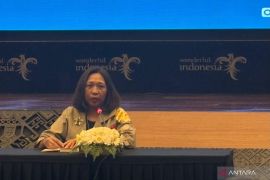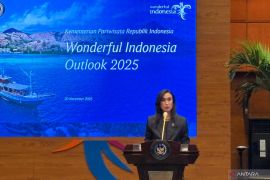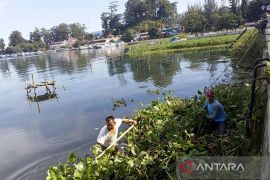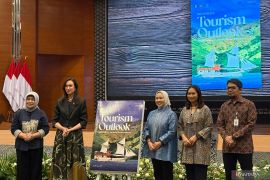Especially for games, we see that this is a momentum for locally produced games. These local games are more in demand in the global marketJakarta (ANTARA) - Tourism and Creative Economy Ministry's Deputy for Digital Economy and Creative Products, Muhammad Neil El Himam, believes that the local gaming industry has considerable economic opportunities and potential amid the increasingly ready digital infrastructure.
Himam noted that game development was one of the sub-sectors of Indonesia's creative economy that had made a significant contribution to the economy, and it continues to increase, especially during the COVID-19 pandemic.
"The creative economy has also experienced a major decline, with a negative impact on its 15 (sub-sectors), except for TV and radio, and then applications and game development. Especially for games, we see that this is a momentum for locally produced games. These local games are more in demand in the global market," Himam noted during a virtual event here on Tuesday.
Moreover, Himam highlighted the quite high market potential for the development and use of Indonesian digital games. Unfortunately, the number of domestically made games is still quite small at a time when most games in Indonesia are still imported from other countries.
"One subsector that we are currently paying attention to is the game itself or the game development industry. Last year, the Indonesian gaming market was valued at US$1.6 billion. However, unfortunately, more than 90 percent (of the games) may be imported products," Himam remarked.
He is optimistic that this industry would be further developed along with digital infrastructure that is increasingly ready and evenly distributed in Indonesia, as well as through various governmental support in the digital game sector.
"What is interesting is that these Indonesian games are in great demand abroad. We were told that the value of games in Indonesia has reached hundreds of billions. However, most of them are still imported. This is interesting and businesspersons in this industry certainly hope that this number would continue to increase. This needs to be taken into account," he noted.
Himam then pointed out that Indonesia's digital ecosystem currently had an important role in the recovery of the national economy, including in the tourism and creative economy sectors.
In the tourism sector, business actors not only apply the Cleanliness, Health, Safety and Environment (CHSE) health protocol standards but they also seek interactive virtual tours, especially since the onset of the COVID-19 pandemic.
Meanwhile, in the creative economy sector, the ministry along with dozens of other ministries and institutions are striving to support creative economy players through the Proudly Made in Indonesia National Movement to digitize, especially e-commerce, in order to increase sales and expand the market.
"Digital transformation in the creative economy sector is something that needs to be taken into account in the industry. Based on data from Bank Indonesia, nominal e-commerce transactions had increased since 2017, from Rp42 trillion to Rp266.3 trillion in 2020. Digitalization of the payment system also increased digital transactions," Himam noted.
"To strengthen these improvements, we need to adopt and empower Indonesian culture and technology to seize opportunities in the digital era," according to the deputy.
Related news: Support development of local gaming as creative economy subsector: Uno
Related news: Industry Ministry seeking to build gaming industry ecosystem
Related news: Tourism Ministry prepares assistance for health, tourism workers
Translator: Arnidhya Nur Zhafira, Katriana
Editor: Sri Haryati
Copyright © ANTARA 2021
